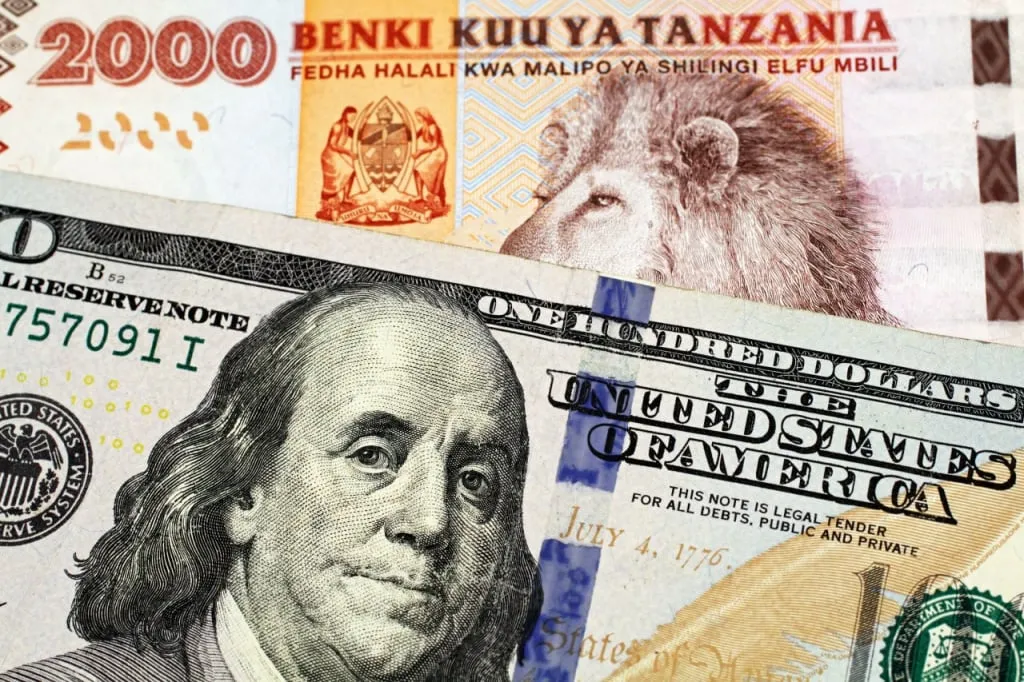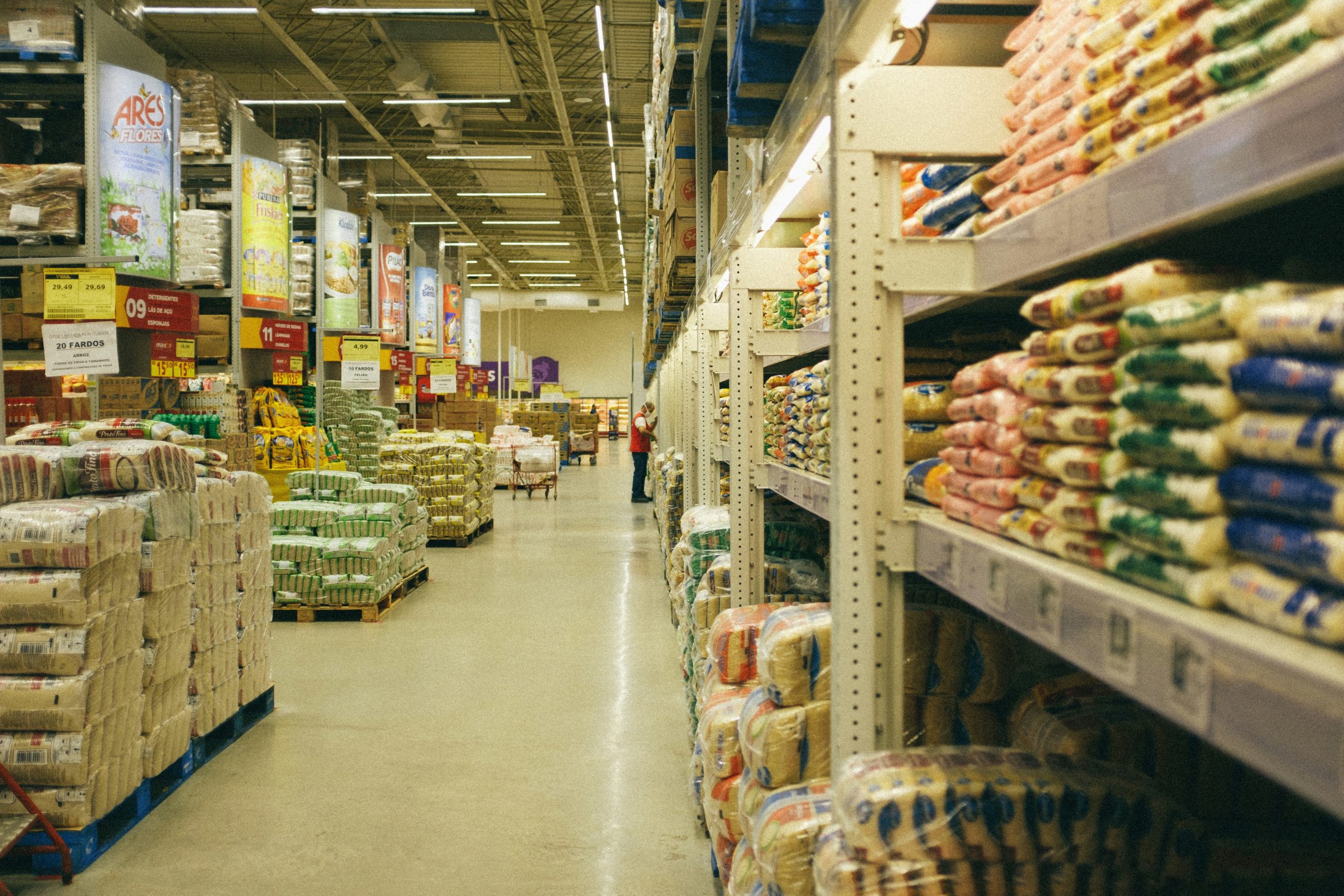The Bank of Tanzania will begin selling US dollars to commercial banks to tackle shortages that have plagued the country since 2022, according to a statement by the bank.
“The initiative aims to ensure adequate foreign currency liquidity in the market. In addition, it intends to ensure customers’ demands for foreign currency are met through licensed financial institutions at the prevailing market prices,” the statement read.
Traditionally, the central bank buys dollars, but with this announcement, it has changed tactics to sell dollars and looks forward to boosting market liquidity. The bank hopes to push individuals and businesses hoarding dollars to release and eliminate a parallel market (black market), which has worsened the dollar crisis in the East African country.
In 2023, the Bank of Tanzania reported a drop in foreign exchange reserves, decreasing from $5.5 billion in May 2022 to $4.9 billion in May 2023. However, the bank maintained that the situation was not dire. The bank noted that this decline was attributed to various global factors such as the COVID-19 pandemic, the Russia-Ukraine conflict, increased US interest rates, and climate change.
These global challenges have disrupted supply chains, leading to higher commodity prices worldwide. As a result, more US dollars are needed to import the same volume of goods as previously.
In February 2024, the Bank of Tanzania launched a new series of treasury bond auctions to manage domestic debt and enhance money supply amidst foreign currency shortages. The bank reintroduced treasury bonds with maturities of 10, 15, 20, and 25 years by the close of the 2023/2024 fiscal year.
The auction started with a 20-year bond on February 21, offering a 15.49% interest rate. Later, a 25-year bond at 15.95% interest was reissued on March 6.
Tanzania is among several African nations struggling with foreign currency shortages alongside Kenya, Egypt, Zimbabwe, Nigeria, Ghana, and Zambia. Given the dollar’s predominant role in global transactions, these countries heavily depend on it to settle foreign debts and pay for essential goods and services.





















